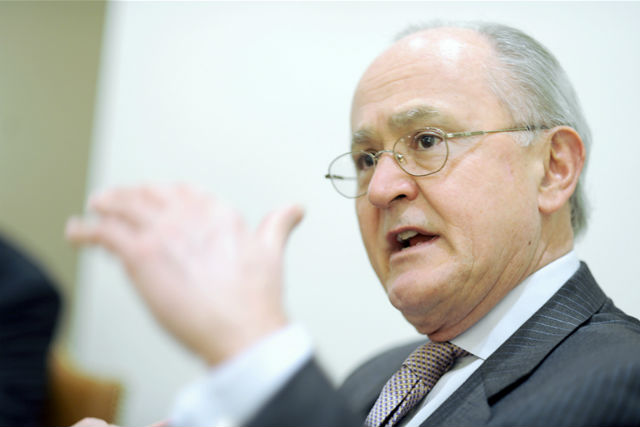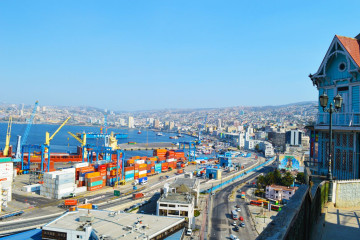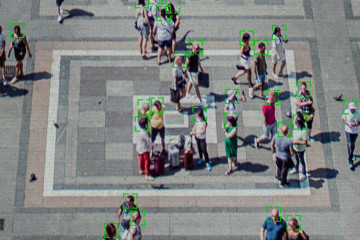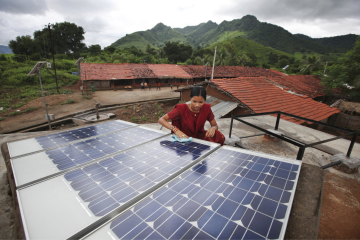The mandate of United Nations (UN) Special Representative for business and human rights (the ‘Special Representative’) was created in 2005 to establish greater clarity concerning the human rights responsibilities of business enterprises. In June 2008, the Special Representative proposed the 'Protect, Respect and Remedy' Framework to the UN Human Rights Council (HRC), composed of three pillars:
- the state duty to protect against human rights abuses by third parties, including business
- the corporate responsibility to respect human rights
- greater access by victims to effective remedy, both judicial and non-judicial
The HRC unanimously approved the Framework in 2008 and extended the Special Representative's mandate for another three years. When doing so, the HRC asked the SRSG to provide additional concrete guidance to elaborate and clarify for companies, states, and other stakeholders how they can operationalise the Framework by taking practical steps to address business impacts on the human rights of individuals.
On 22 November 2010, the Special Representative proposed draft "Guiding Principles" for the Implementation of the Framework.
As currently drafted, the Guiding Principles represent an extremely important step for the international community in addressing the essential relationship between states, business and human rights.
The observations made in the IHRB submission are based on IHRB's practical experience of testing aspects of the Protect, Respect and Remedy Framework over the past two years. Recommendations for changes and additions to the current draft are intended to strengthen the final version of the Guiding Principles, which the Special Representative will submit to governments for consideration and potential endorsement in June 2011.
In addition, IHRB has jointly submitted a second set of comments focused on integrating a gender perspective, co-produced by CSRM, ICCSR, Nottingham University Business School and the University of Witwatersrand.





























When tech companies must stand firm against state power
Global tech giants are engaged in a battle over human rights in India, the country described as the world’s largest democracy, which is at the half-way stage of its marathon, six-week long elections.
At stake are fundamental concerns of privacy,...
16 May 2024 | Commentary
Commentary by Salil Tripathi, Senior Advisor, Global Issues, IHRB